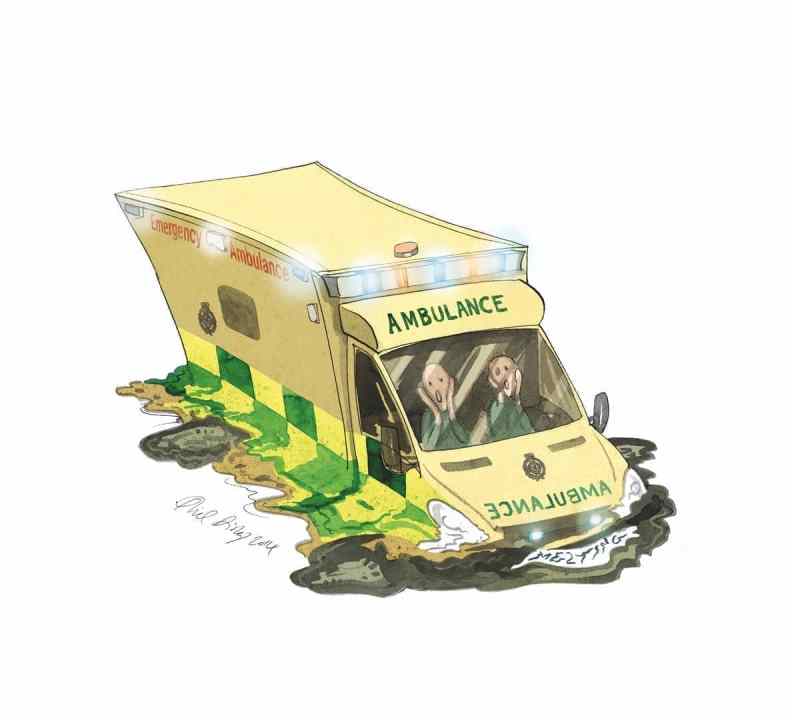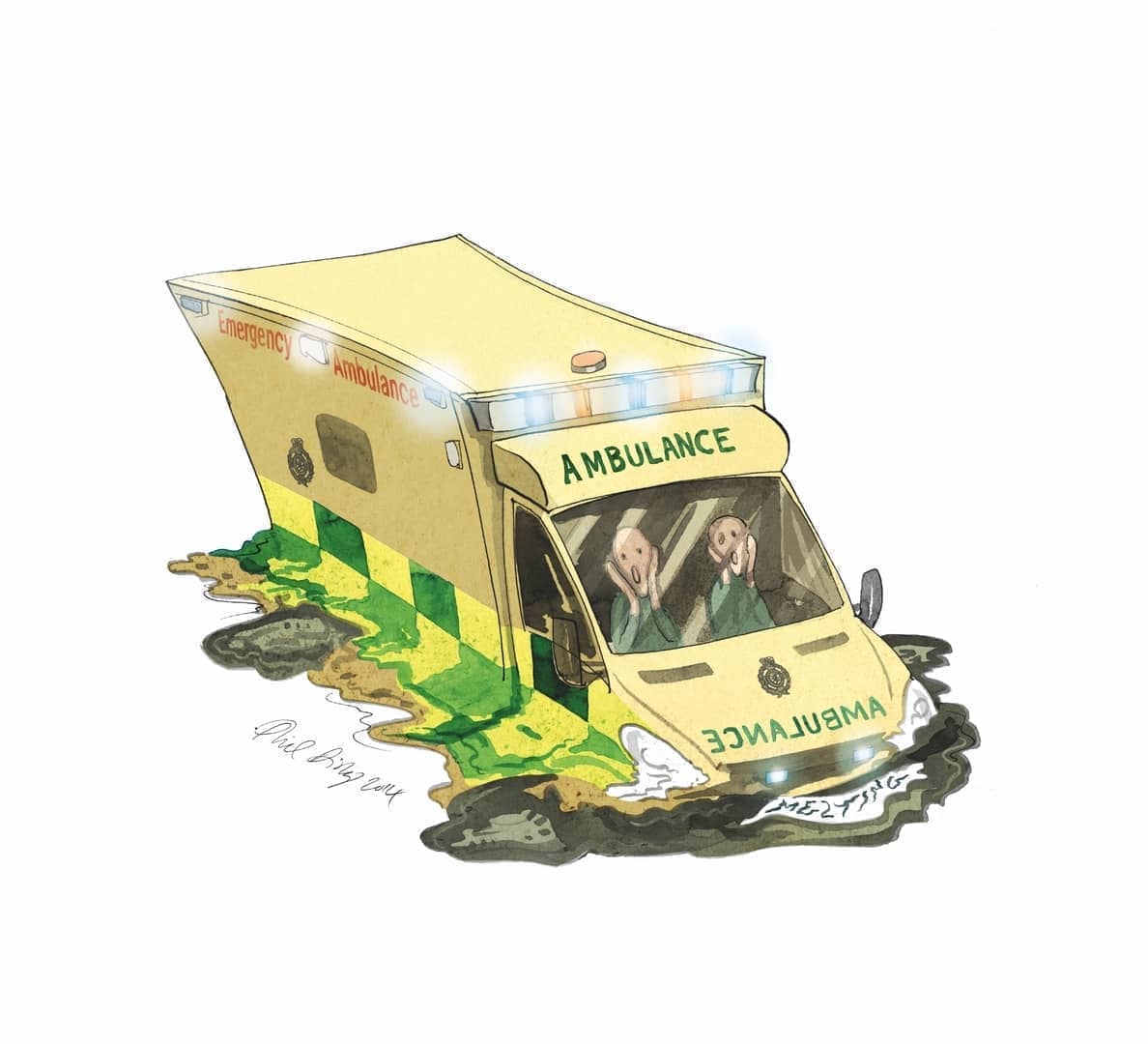Another week, another warning that the NHS has reached crisis point. A cross-party group of MPs today published a report detailing the extent to which the health service and social care sector in England is understaffed – and found that it is facing the worst staffing crisis in its history. Research found that NHS England is 12,000 doctors and 50,000 nurses and midwives short at the moment. There are more than 99,000 vacancies in the health service – with 105,000 in the health and social care sector.
The ever-declining number of healthcare staff is a problem that is only going to get worse as demand rises: almost a million more positions will need to be filled by the early 2030s. Equally, the chronic understaffing has undoubtedly played a part in the soaring number of sick days taken by staff: in August last year, the NHS lost the equivalent of two million full days to sickness – with 560,000 to mental health issues such as burnout and anxiety. No wonder medical staff are considering strike action over below inflation pay increases and worsening working conditions when they’re faced with understaffing which ‘poses a serious risk to staff and patient safety both for routine and emergency care’. The report added: ‘Most depressing for many on the frontline is the absence of any credible strategy to address it.’
Britain has been sleepwalking into a healthcare crisis for years, throwing money at a service which doesn’t know how to spend it
Former health secretary Sajid Javid, who resigned earlier this month, also admitted that the government would not meet its manifesto pledge of recruiting 6,000 more full-time GPs as they slowly seep out of the health service and are never replaced. The situation is even worse in the social care sector, as one in three staff members left their jobs between 2020 and last year, while there are concerns that as many as 17,000 of them are being paid less than the legal rate of £9.50 an hour.
But for patients, often the biggest hurdle is getting seen by a doctor in the first place. Waiting lists hit 6.5 million in April – and are expected to rise to 9.2 million by March 2024 (as revealed in The Spectator earlier this year). Ambulance waiting times are high (data in June shows an average wait time of 51 minutes and 38 seconds for ‘emergency’ calls such as heart attacks and strokes) and deaths at home have continued to surge after the pandemic, with 13,000 ‘excess deaths’ so far this year.
Perhaps most serious is the government’s seeming inability to tackle the Covid backlog. After announcing a hike to National Insurance – expected to raise almost £6 billion a year to clear the backlog of routine appointments postponed during the pandemic – the government is failing to recruit or retain healthcare staff to do this. Almost 90 per cent of BMA members think the current aim to tackle the backlog is ‘mostly or totally’ unachievable with the current workforce.
Britain has been sleepwalking into a healthcare crisis for years, throwing money at a service which doesn’t know how best to spend it. After so many warnings that the NHS is on the brink, how much longer until it becomes irreparable?








Comments